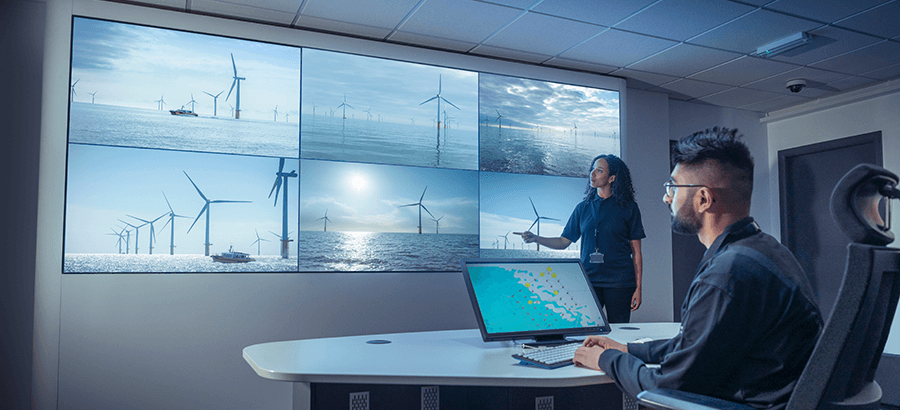The tech innovations you can expect in 2022 will be a natural progression of digital transformation – the very processes that gained momentum at the start of the pandemic in early 2020. The business world has had little choice but to adapt to the new normal that called for more stringent business continuity and risk management strategies.
One of the technologies that will see enormous growth in 2022, is Enterprise Resource Planning (ERP). While ERP was relatively slow to change, it became clear that connectivity, flexibility, and agility were must-haves for any organization’s intent on thriving in a now dynamic and complex environment.
So, what are the major ERP software trends and how will they unfold in the coming year? Here are three predictions on ERP software development and technologies which will shape the year ahead and the impact they will have.
1. ERP will become smarter
Smart technologies like artificial intelligence and machine learning will be at the core of ERP. These technologies can complement ERP functions by managing and integrating diverse applications and then using the data to support decision making.
This allows the ERP system to optimize workflows, shorten lead times, and reduce errors related to data import and processing. AI-based tools can also use system-generated data to initiate more informed decision-making by helping to identify red flags before they disrupt the business.
ERP solutions that use bots and automation tools help complete repetitive tasks and free individuals to focus on value-added efforts while enhancing business efficiency.
In 2022, ERP software will unveil new features and product development roadmaps that include ever more AI and automation augmentation for many common business processes. Other use cases of AI powered ERP include product engineering and development or other tasks requiring heavy computing to improve their overall efficiency.
2. Cloud continues to grow
The adoption of digital infrastructure that supports resilience, choice and flexibility and will continue to increase the shift to cloud-native business applications.
Cloud-based infrastructure provides for ease of deployment, access, configurability, scalability, and a simplified update and upgrade process. In addition, the cloud makes it easier to integrate data from disparate systems and then share that data, creating value opportunities for the business and customers. In order to support new working practices, companies will need to look at how they deploy their infrastructure beyond the traditional corporate data center. The rationale for switching to cloud ERP is stronger than ever, so the migration will continue. SME’s and larger organizations alike find cloud ERP attractive.
3.Greater adoption of mobile ERP
Mobile devices are no longer a luxury and have become a necessity for people to access or exchange information. As such, more organizations are using mobile apps and solutions to connect with their customers, as well as deliver the products and services they need.
These mobile apps are now becoming a delivery system for ERP. This is highly beneficial for organizations with remote workforces or hybrid office models, a common characteristic of organizations today. Mobile ERP makes it possible for all employees to stay connected, access client information, project status and customer communications, anywhere on their mobile device.
True to its name, ERP has the potential to improve how well you manage company resources. With a series of applications, features and functions at disposal. The goal is to reduce your operational costs while improving competitiveness through optimized business processes and systems.








1 thought on “Tech trends transforming ERP in 2022”